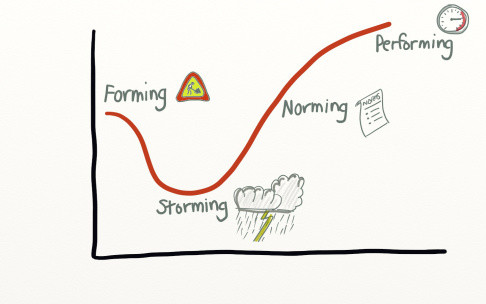Created
Apr 13, 2022 4:41 PM
Tags
👖 Product Thinkings🏢 Startups⚙️ Product Operations
Library
🌇 Product: Strategy | Startups | Ecosystem
Last edited time
Feb 3, 2024 9:38 PM
Published?
Not Published
⬅️ Back to Resource Library
Product team strategy and makeup is an important ingredient to successful product building. Once a startup team is big enough to have a product manager, they have also started their journey of product team structuring. How do engineers manager other engineers? How to product managers work with engineers? Who signs off on product designs? How and when to implement a balanced team model?
Below is an assortment of articles and further reading on product team structure and strategy I’ve found especially valuable:








